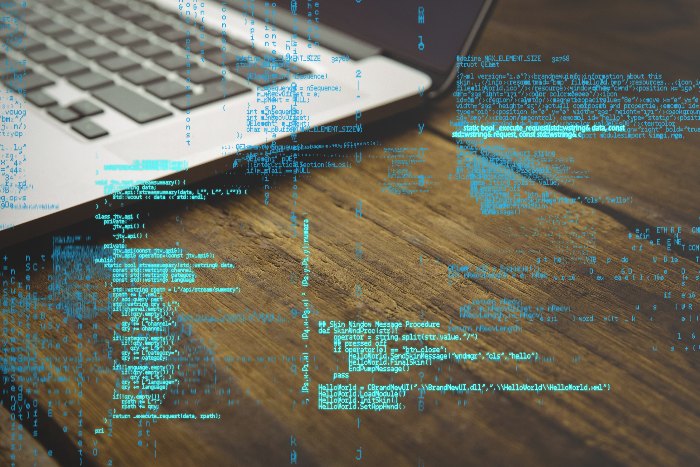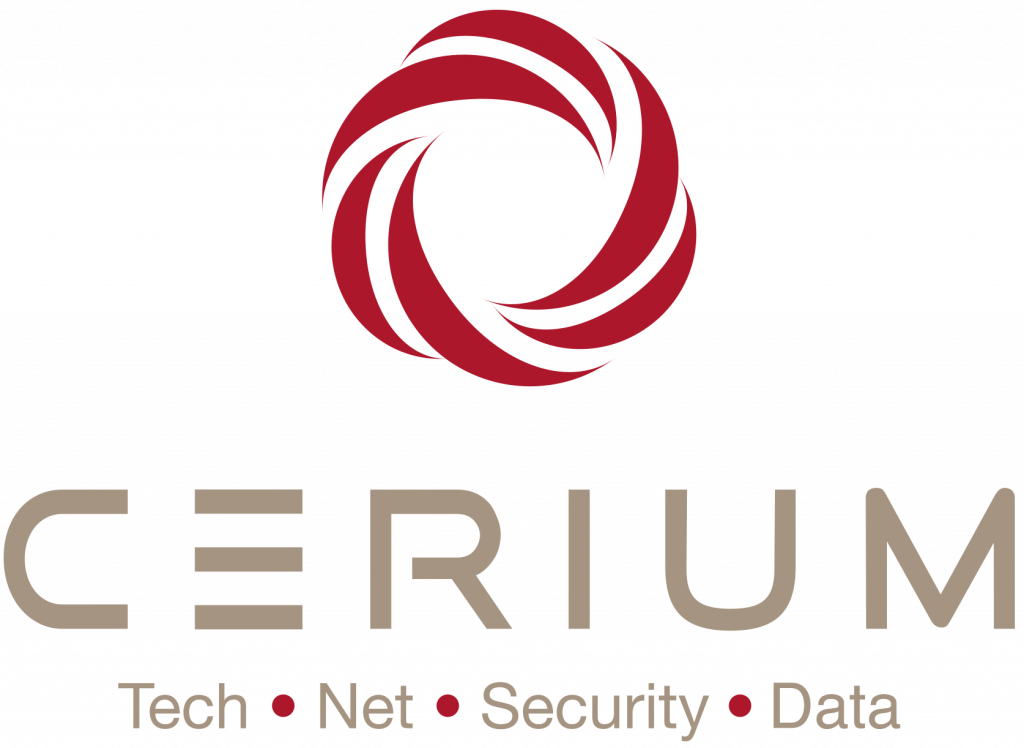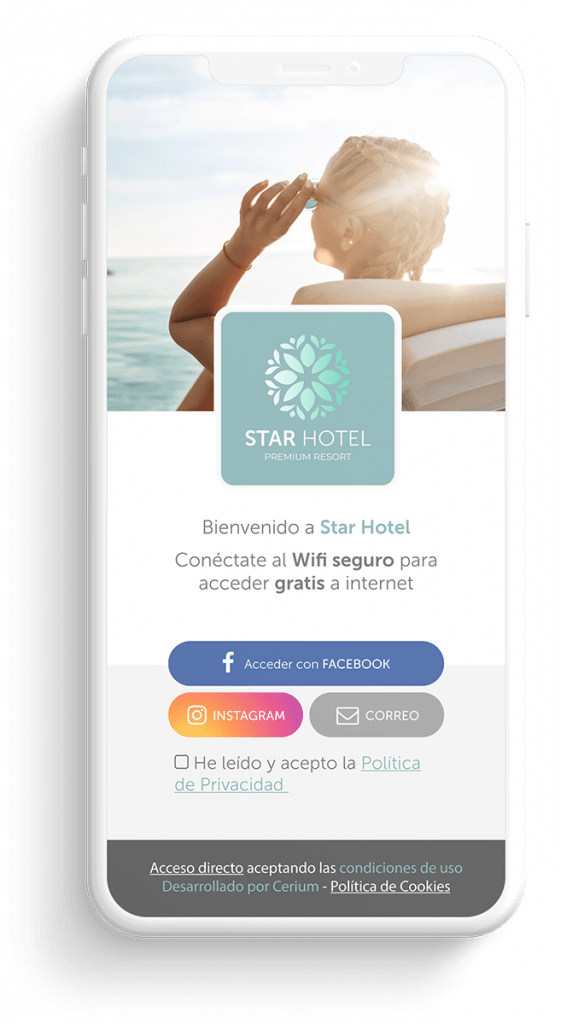Are you interested in improving the security of your customers' data and assets? Do you know what actions to take to prevent the different types of cyberattacks? Does your team have the right formation to take on them?
In this post, you will learn how to identify different cybersecurity threats and what are the most effective prevention actions against them.
¿What are cyber attacks?
Defining the concept of cybersecurity attacks or cyberattacks in a generic way is quite simple: it refers to deliberate sabotage of the computer systems of a company, establishment or organization, and also between individuals. The purpose is to cause material or economic damage, or to steal data and confidential information.
However, in practice there are many types of cyber-attacks, increasingly novel, complex and sophisticated, which greatly complicates their prevention, as well as the corrective actions necessary to solve the problem.
What types of cyber attacks are there?
The types of cyberattacks that can most easily occur in a company are the following:
They are directed at users with the aim of getting them to reveal personal information or control their devices. Among the most recognized are:
- Phishing
It is a technique that consists of the collection of personal and corporate data illegally or fraudulently, through the redirection of the user, through deception, to a false web domain.
These acts of cybercrime are increasingly used because they make it possible to impersonate the victim, steal highly sensitive information, including financial information, and from there, easily access computer systems.
Once they have found this vulnerability, hackers can get hold of very important and sensitive information. Both from the establishment itself and from guests or suppliers: bank accounts, personal data, passwords, etc.
The management of reservations via emails make hotels a regular target of the most sophisticated phishing campaigns.
- Dumpster Diving: It is an attack directed at sensitive information that may not have been correctly removed from computers.
- spam: consists of mass mailings of advertising content to users without having been requested. They can incorporate commercial information or malware.
2. Attacks aimed at obtaining passwords
- Brute force: the cybercriminal manages to guess our passwords through trial and error.
- Dictionary or password cracking software: a program manages to figure out our access password automatically.
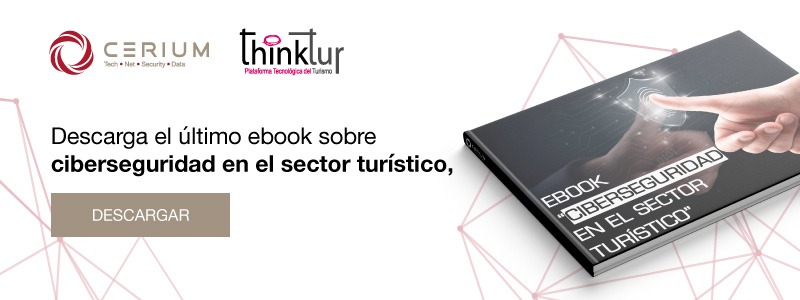
3. Attacks directed at the network and connections
These attacks seek to intervene in the exchange of information between users and the hotel's network service, to monitor and extract personal data, passwords, bank information...
- spoofing: hacking techniques in which IPs, websites, email, dns... are falsified
- Honeynets: These are fake or twin WiFi networks to a legitimate and secure one.
- Cookie attacks: Employee browsing cookies can collect information of interest to a cybercriminal, such as PMS access credentials.
- SQL injection: Websites are usually linked to databases based on a SQL programming language. These attacks allow cybercriminals to insert malicious lines of SQL code into the web itself, gaining partial or full access to the data.
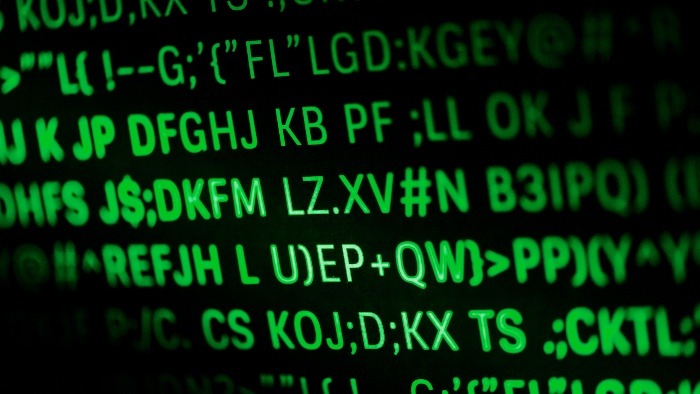
- Main in the middle: en this attack the attacker stands between the user and the server. In this way, the attacker manages to monitor online activity.
- Sniffing: technique that seeks to listen and monitor everything that happens in a network. Its objective is to capture data packets thrown into the network.
4. Attacks through malware
Among the different types of cyber attacks, these threats use malicious programs or viruses aimed at attacking a computer system. There are many types but the measures are usually similar.
- Lockdown of systems (ransomware attacks)
Ransomware attacks are a form of malware (malicious virus), which consists of blocking the files and computer systems of the hotel in order to paralyze its activity.
Subsequently, those responsible for the cyberattack request a ransom from those responsible for the hotel to restore the system and be able to resume its normal operation and activities.
- Trojans, viruses, worms, spyware, adware, or botnets: They are malware that can modify codes, delete or modify files, show us ads in a massive way, spy on and control computers remotely...
How can cyber attacks be prevented?
Below we share the best measures you should implement to improve in this area. It is up to you to analyze them, check if you comply with them and, if not, put yourself in the hands of expert companies in cybersecurity
1. Cybersecurity training for your hotel employees
As in so many other aspects, training is key. Many of the computer attacks are due to a lack of training and awareness of employees in cybersecurity.
The most common errors are ignorance of the types of cyberattacks, the lack of rigor when it comes to protecting and revealing passwords, as well as carelessness in the use of computers, devices and networks: installation of unauthorized applications and software, opening of emails or unreliable messages, etc.
En Cerium We offer consulting, solutions and high-level training in the most effective measures and technologies to provide maximum security in computer devices and networks. Here we are talking about firewalls, network access control tools or fundamental pentesting tools.

2. Keep your systems up to date
Always stay alert and never stop giving the importance it deserves to the updates and patches that are periodically released by the providers of computer tools.
Installing the latest versions of platforms, applications and operating systems is essential so that they are protected against the latest vulnerabilities detected. Remember that cybercriminals always try to be one step ahead in cybersecurity matters and take advantage of any loophole to launch their attacks.
3. Backups
The only way to protect yourself against the introduction of malware in order to disable our systems is to have backup copies of all the information and software to be able to immediately restore the system.
The scheme known as 3-2-1 backup is a favorite of cybersecurity specialists. This is a basic rule that consists of making 3 copies of the data on 2 different media and hosting the third copy in 1 different physical location. In this way, we will always have safe copies, properly protected and ready to use whenever necessary.
4. Have action or contingency plans against attacks cybersecurity
Remember that improvisation is the worst enemy in a crisis situation, such as a cyber attack. Acting without a clear course of action can slow down making the right decisions or, worse yet, choose the wrong ones, making the situation even worse.
For this reason, it is necessary to prepare an internal management protocol for this type of incident, where the actions to be carried out and the measures to be taken are identified. As well as the role of each professional, their functions, responsibilities and hierarchy, identifying a crisis cabinet or decision-making body for the measures to be adopted.
It may interest you: Cybersecurity in hotels: one of the basic pillars of Cerium

Cyber attacks on hotels: what to watch out for
In recent years, different types of cyberattacks targeting tourism businesses of any category and size have intensified.
If you work in a sector such as the hotel industry, which is highly attractive to cybercriminals, you may be wondering: why would it happen to us?
Maybe you are interested in: Keys to choose the best cyber risk policy in hotels
However, for all that is at stake, the question you have to ask yourself is the opposite: why can't my hotel, like many others, suffer a cybersecurity attack? And, above all, this other one: am I really prepared to protect myself from a cyber attack?
Trust a partner specialized in hotel cybersecurity to simplify the management of your IT team
Managing cybersecurity can be a significant workload for hotel IT staff, who are likely already overwhelmed with daily work. To avoid this type of situation, which can lead to the appearance of more gaps and vulnerabilities, a good solution is to have a trusted partner to manage cybersecurity.
The experience and technical and human team of a partner are of great help to: simplify management, minimize risks, train and educate employees, design your disaster recovery plan, etc.
In short, putting in place all the necessary operations and means to prevent attacks and solve them quickly in the event that they occur, avoiding or minimizing risks and costs.
En Cerium We are specialized in cybersecurity solutions for hotels, having a suite of security services cybersecurity for hotels that adapt to the particularities and needs of each hotel: cybersecurity audits, customized solutions, predefined packs with different products or services. Contact us or fill out this form and tell us how we can help you.

